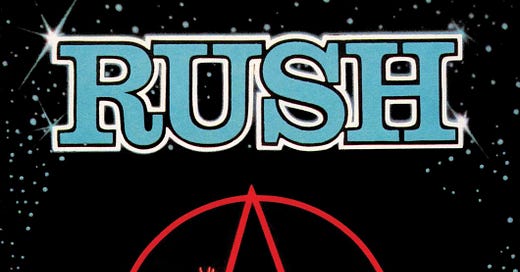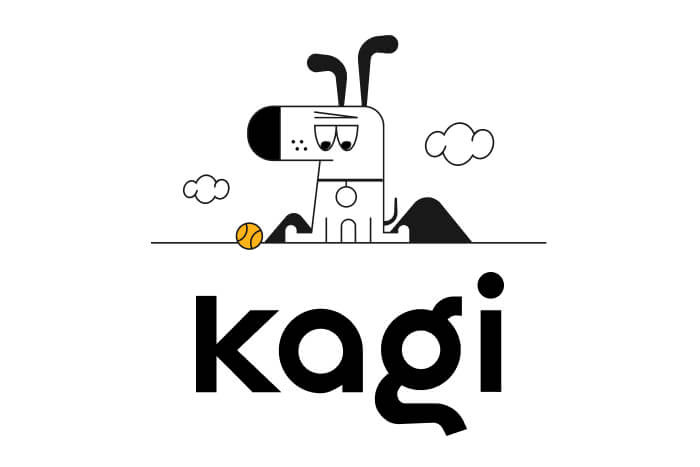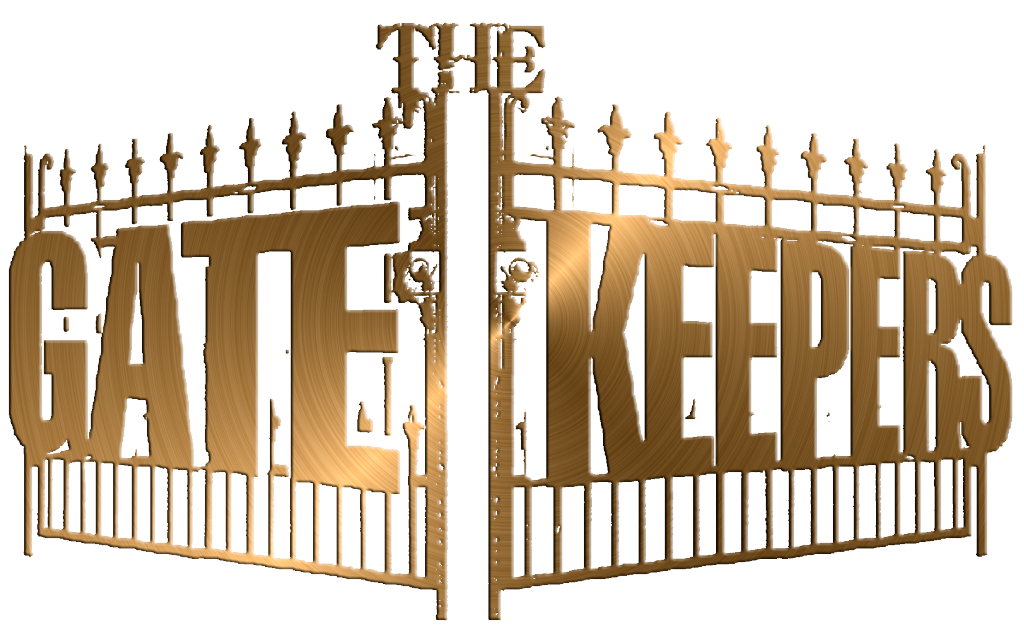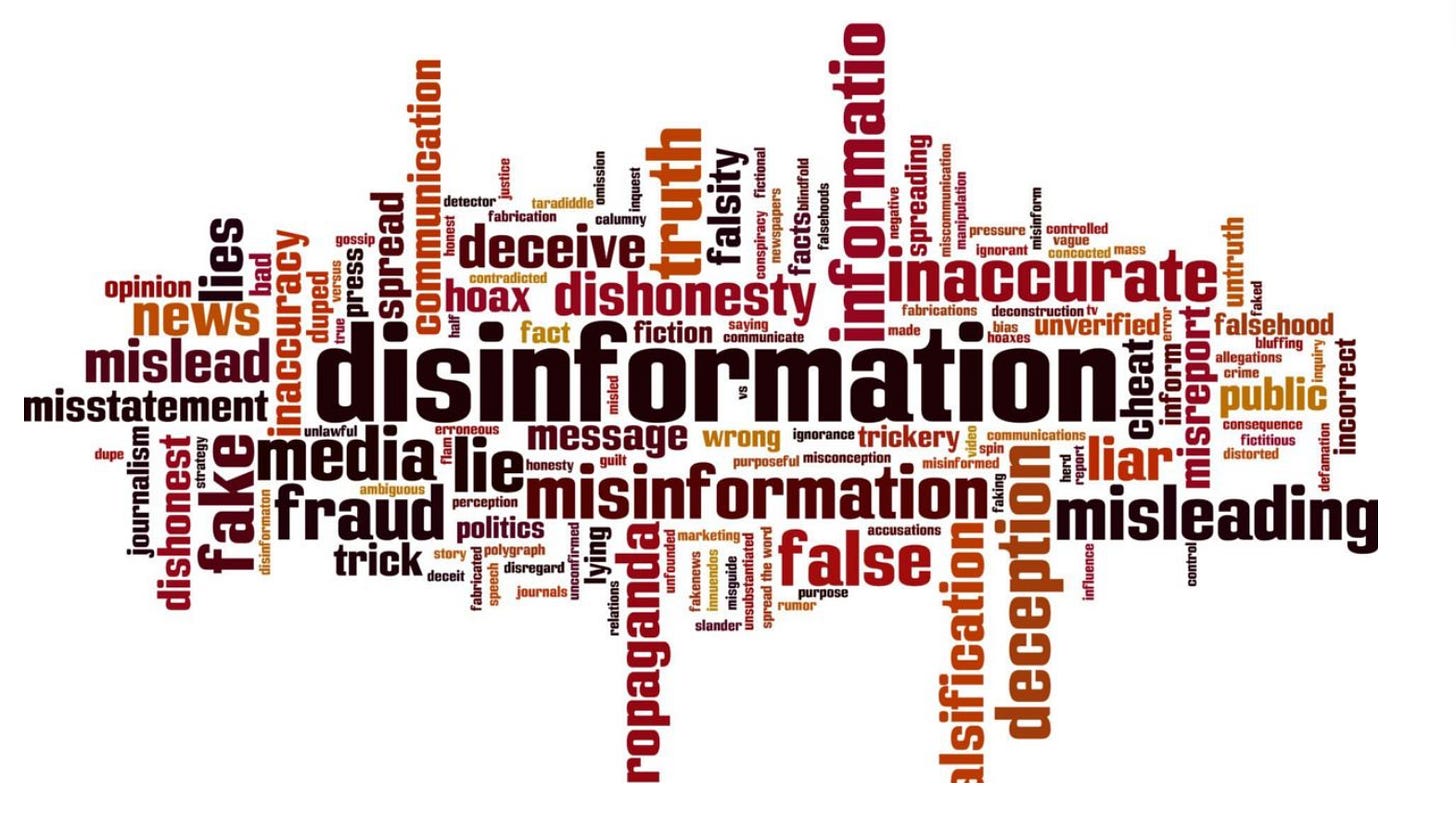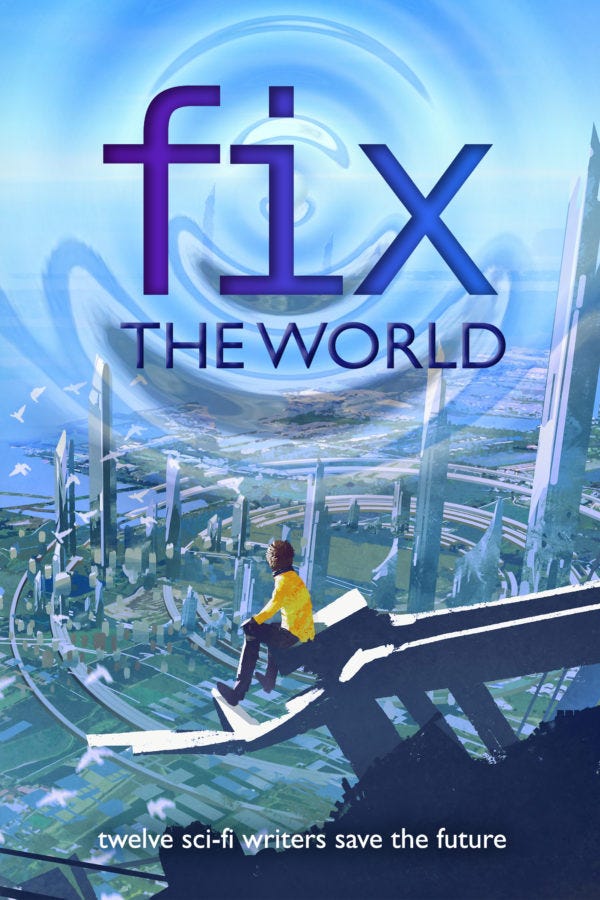I’m old enough to vivdly remember a time when there was no internet.
I will argue that the internet as we know it today, while it does have its bright spots, in general went down the drain due to a lack of gatekeepers. Gatekeepers who determine which information is true and relevant, and gatekeepers who determine which information is open to the public at large. Gatekeepers are not perfect—there are disadvantages to the gatekeeping system and there will always be bad apples—but I think they’re highly preferable to the mess the internet is in right now.
So let’s look at how information was gathered and dispensed in the dark days before the internet.
How it started
Roughly speaking, in prehistoric times, a tribe’s accumulated wisdom was kept by its elders and dispersed through stories over the generations. This can be reinforced by art (rock and cave paintings) and rituals. That such a system works was demonstrated to me when my sister and me took a tour of Murujuga—on the Dampier peninsula—and the Aboriginal guide explained how wisdom from more than fifty-thousand years ago was kept alive (and much of it was still quite useful).
I do strongly suspect that there were people in those tribes that disagreed with the conventional wisdom of their elders. And of course gossip and scheming is as old as humanity itself. Yet all that non- or low-information noise was hugely kept from the information that was considered both true and important. There was a filtering and gatekeeping mechanism at work. Decisions were made based on weighted information (even if we ‘weigh’ it differently in modern times, by which I mean the scientific method), not on gossip and conspiracy-theories-avant-la-lettre and suchlike.
The disadvantage of gatekeepers is that new—especially revolutionary—new information can be suppressed, especially when the gatekeepers are also those in power. One of the most famous examples being Galileo Galilei in 1663: “Eppur si muove” (‘and yet it moves’) when the Roman Catholic Church found his revolutionary view of the solar system unacceptable. Still, as evidence of Galileo being right accumulated, at some point even the mighty Roman Catholic Church had to bow to the truth, even if that took almost 160 years.
The gold standard: libraries
Nevertheless, language was the first accumulator and accelerator of a community’s wisdom, and this process was improved with the advent of written language, which brought one of the greatest inventions of humanity: libraries.
Libraries that gathered books full of the written word. Libraries that made information available to more people than ever before, even though those people had to be able to read. I’ll argue that this was (is) a feature rather than a bug, because it forces people who want to access more information must already have some basic intelligence, namely literacy1. On top of that, librarians are—with precious few exceptions—fierce defenders of the pursuit of wisdom and enlightenment, or, indeed gatekeepers of the best kind.
Libraries remain an important source of information until this very day. When I was a young adult, and I wanted to do research for an article, or for a short story I was writing, I often went to my local library in search of information. Nowadays, of course, the existence of Wikipedia and other online sources has made this task both easier and more complex. Easier because Wikipedia is instantly accessible through my smartphone, tablet and laptop, but more complex because of the difficulty in both finding and verifying other resources.
Root cause 1: enshittification
The latter is the consequence of what Cory Doctorow calls the ‘enshittification’ of many internet (and other) services. They start out relatively good, mostly in order to draw interest and participants, then get worse over time as capitalist incentives—advertsing and other forms of monetisation—degrade the experience until it becomes almost unusable.
Prime example: Google. Originally, Google outcompeted other search engines simply by being better—much better—than them. However, once Google established a near-monopoly position in search2 its search results started to decline as its advertising maximalisation algorithm took control. Now the first ten—or many more—search results on Google are useless, unless you search for something that’s way out of the ordinary. It’s become so bad that I’ve reverted to Kagi, a paid search engine which is ad-free and has the stated intention of delivering quality.
There are many other examples of this decline in usability. But there’s more at play.
The ease of access, or the end of gatekeeping
Before the advent of the internet, a curious person had to actively perform some actions before they could access certain information, such as going to a library, read books or papers about the subject, talk with specialists, or—indeed—study the subject. While this was time-consuming, it also led to both wider and deeper knowledge and subsequently to increased erudition.
In the old libraries, literacy was a requirement and functioned as a filter. Nowadays, thanks to elementary schools having become the standard almost everywhere in the world, illiterary has been greatly reduced3. However, literacy alone does not guarantee a higher level of intelligence.
Now you can just type a search term into a search engine (so predominantly Google that the term ‘Google it’ has become the standard), and then either go through the results or pick the one that appeals the most. One the one hand, it’s more to the point, while on the other hand the point of the point, its wider or more specific environment, gets lost. Instead of a helicopter point-of-view, we amass a kaleidoscope of microscopic details. Instead of the bigger picture, we get lost in the details. Not only do we miss the forest for the trees, but we ignore the trees, as well, as we focus on the mushrooms in the undergrowth, the pretty birds on the branches and—obviously—every squirrel that happens to pass by. Our view of the world at large has become increasingly fragmented.
This is where a gatekeeper can excel; that is, in helping you see the wider relationships, in uncovering the rich ecosystem of information4. So while more information as ever is there, it’s lost amongst an overload of bullshit; that is, stuff to entice you to buy things or hand over more of your private information5 or otherwise manipulate you.
Root cause 2: no filters
Which gets us to the root of the problem: since almost everybody6 can both access and post on the internet, stupendous amounts of nonsense and disinformation have been posted, especially since the rise of the so-called social media. Especially in social media—but not just there—gatekeepers are virtually non-existent. Some attempt to perform moderation, but this is a remedy after the fact; that is, the bullshit is posted first before it is fact-checked and/or removed (if it is fact-checked or removed at all).
As a consequence, everybody who post some inane conspiracy theory will find quite a few kindred spirits on the internet. Now, instead of being ignored or otherwise filtered out, every bit of nonsense is posted somewhere and subsequently ‘affirmed’ by other idiots (sorry, misinformed people), and often amplified by disingenuous mass media for nefarious purposes.
The rise of disinformation
The rise of the amount of bullshit was—and is—actively encouraged by the rise of deliberate disinformation. Certain political parties and ultra-rich people have found that—and they’re certainly not the first ones, but the are the first ones who use the internet as a tool for their own goals—by keeping a large part of the population dumb (as lowly educated as possible), the population at large becomes easier to manipulate. Disinformation is another means to their ends. Keep the people stupid and misinformed, and they will keep voting for the person that is in their pockets.
It’s become so bad that many people behave like cult members; that is, despite the increasing evidenc that they’ve been had, they don’t repent, but stick to their holy leader no matter what7. Every cliché—like ‘a white man will do anything you say as long as he believes a coloured man is worse off than him—has become true. Some of their shenanigans are so blatant that only the wilfully blind—or extremely hypocritical—will ignore them, yet more than 40% of voters in the US still support wannabe dictator Trump8. Sic transit gloria mundi.
The combination of the spread of disinformation for political ends and the increasing way the world wide web became an echo chamber for the, let’s say, lesser-educated has turned the internet (and the main media in the US and the UK, and unfortunately increasingly in the EU) into a cesspool of bullshit, lies and disinformation. Instead of a beacon of enlightenment, the internet has become a confederation of dunces, so much so that it’s becoming cool to be openly stupid.
TL;DR: Yes, Jesus, the meek have indeed inherited the Earth9;
2023: the year chatbots took to the stage
To extrapolate: what will happen now that AI (I still think it’s not ‘intelligent’ but either a stochastic parrot or an extreme schemer) in the form of Large Laguage Models like ChatGPT and Google’s Gemini (previous Bard) are entering the fray?
For one, the quality of such chatbots depends mostly—some OpenAI programmer even says only10—on the quality of the dataset it’s being fed. This database consists mostly of information found on the internet—do you see the problem already? Most information on the internet is bullshit, so if the data fed into our chatbots isn’t filtered or moderated then I can already predict the results. The old computing adage bullshit in = bullshit out. Which is indeed what we are getting.
Chatbots like ChatGPT and Google’s Bard (I haven’t seen Gemini in action—apart from a doctored demonstration by Google—in the wild as of yet) only reflect—in a distorted manner11—what they are fed. Without performing any kind of verification. So if they—inevitably—produce something that is provably untrue, their programmers excuse this by saying the chatbot ‘hallucinates12’.
On top of that, those results are not insightful, but an amalgam of somewhat applicable statements scraped by an algorithm whose workings are arcane13. In the times of yore, people often sought counsel from an oracle14. Nowadays, people increasingly counsel an entity whose inner workings are at least as obscure. So here’s progress for you: we went from a stoned oracle to a hallucinating chatbot. Follow their advice at your own peril.
Again, with no gatekeepers and no verification, chances are that these chatbots will be a cesspool of misinformation, gossip, gut feelings, hallucinations and conspiracy theories instead of a fount of wisdom. For the wisdom of the crowd to be true wisdom, it needs to be carefully filtered, verified and modified. Otherwise we merely get the hallucinations of the collective id (subconscious)—directly or indirectly—and they sure ain’t pretty15.
So where do we go from here?
Some consider the SF short story “The Marching Morons” by Cyril M. Kornbluth insulting, but unfortunately it’s first half is more like a prophecy, and it’s second half a dire warning of things to come. So now that we’ve laid down the sad state of the internet16 (near past and near future), what can we do to improve this? I’ll follow up with some thoughts on that in part 2, to be published January next year.
Author’s note: many thanks for reading my writing throughout the year. As New Year’s Eve approaches I’m looking for one—just one—more subscriber to get my total up to a nice round number. It’s stupid, but that’s how we humans are. So do spread the word!
Yes, this filtered out dyslectic people. Yet no system is perfect and nowadays dyslectic people have various technological aids to help them out;
Other search engines like Yahoo, Bing, Duckduckgo and Ecosia still have less than 10% market share, even today;
As of March 2022—according to Wikipedia—the worldwide literacy rate was 90.0% among males and 82.7% among females—another area where equal treatment is needed, BTW;
Which neither search engines nor chatbots can do;
If you don’t pay, chances are you are the product;
Smartphone ownership worldwide is about 85%;
Because admitting you were wrong has somehow become a deadly sin;
Or buy his AI-generated NFTs;
Which, as a consequence, gets more inflicted by climate change by the day;
See: ‘stochastic parrot’;
Some surely wish they could use the same excuse when they lie in court;
Yes, the programmers of almost all neural networks, large language models and other forms of ‘AI’ or machine learning have no clue whatsoever about how the algorithms and other programming features of their creations work;
Who were often mad, stoned, manipulative or any combination of these;
If they were merely petty that would be a step up;
There are bright spots, most definitely, but you really have to know where to look for to find them;

